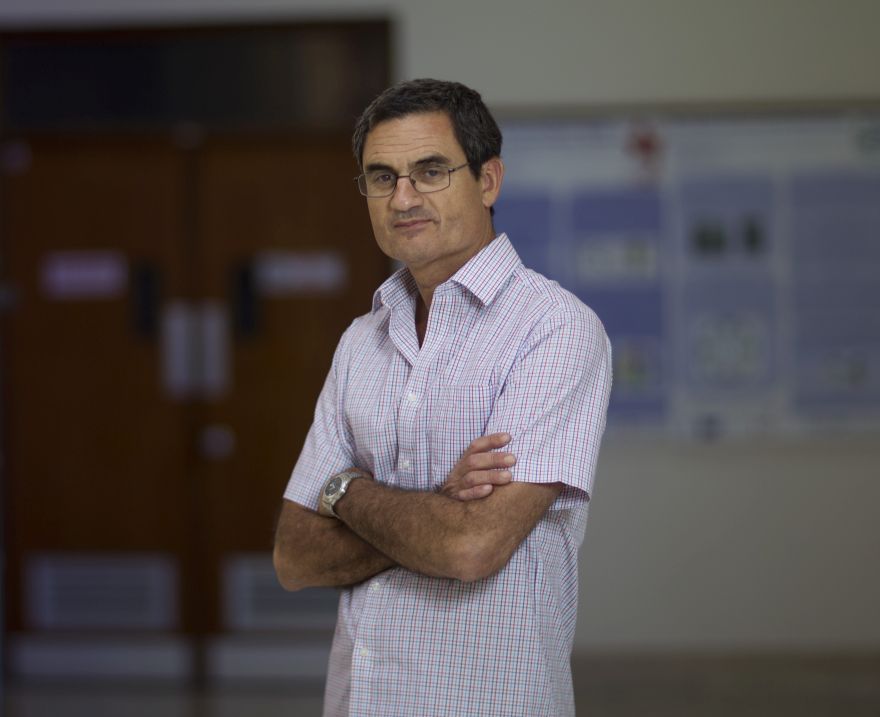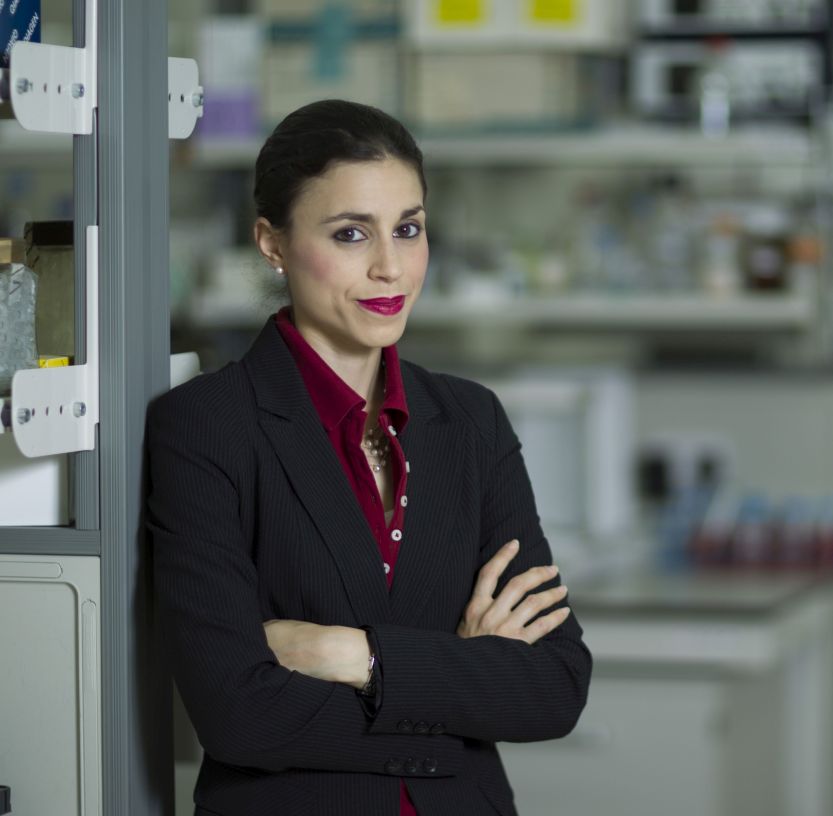With the third-ever national diabetes survey now underway, the Head of the Department of Public Health at the University of Malta, Dr Julian Mamo, explains just how important the data collected will be to the nation’s well-being.

Dr Julian Mamo
Diabetes is a metabolic disease many of us have heard of and discussed. That should come as no surprise since Malta has among the highest prevalence of diabetes in the Mediterranean, with around 38,000 people estimated to suffer from the affliction at any one time – more than 9% of the population and growing, in fact.
Even so, surveys about the disease are rare and, to date, only two large ones have been performed: One in 1963, which was coordinated by Dr Joe Zammit Maempel and funded by the Royal University of Malta, and another between 1981 and 1982, backed by the World Health Organization (WHO).
“The first one was an early attempt at measuring how common the disease was, though the methodology that followed does not allow one to conclude this,” explains Dr Julian Mamo, the Head of the Department of Public Health at the University of Malta. “The second had more recent science behind it as well as the backing of the WHO. This provided better information.
“However, since 1982, the population of Malta has changed in many ways. We have become more multicultural, with many people of different ethnicities and from various countries living here. In addition, recent years have seen Malta’s population become increasingly older and more overweight – both of which affect the frequency of diabetes,” he continues.
Now, Dr Sarah Cuschieri, under the supervision of Dr Mamo, has undertaken the titanic task of conducting a national survey and to determine the most recent prevalence of the disease in Malta (proportion at each age and gender group) and understand how gender, lifestyle, diet, blood pressure, being overweight, genetics and other factors affect the disease. (View an earlier blog dedicated to Dr Cuschieri on the The Quest to Quantify Diabetes).
“Dr Cuschieri showed me her initial PhD proposal four years ago, and seeing the determination and capacity of her will, the idea behind Saħħtek was born,” says Dr Mamo. “Our first problem, so to speak, was that of getting different experts onboard. Now, apart from myself working on epidemiology, there is Professor Josanne Vassallo working on diabetes and Dr Neville Calleja working on medical statistics. Professor Alex Felice and Dr Nikolai Pace from the databank are our experts from the genetics side
“The pilot for this project was launched in September 2014,” adds Dr Mamo, “and we’ve just made our changes and set off on the main fieldwork. Dr Cuschieri finished the data collection phase last November with a total of 47% of the selected applicants (or approximately 1,800 people) responding to the call. That’s 7% more than the expected average – which was very good, especially given the fact that blood is also taken and that this puts many off.”

Dr Sarah Cuschieri
In order to ensure that the study truly reflects the population of Malta, Dr Cuschieri and her team went to numerous local clinics all over Malta and Gozo, calling up selected applicants from the locality to attend for their appointment.
“One thing that hasn’t changed since 1963 is the reliance on University rather than national resources,” explains Dr Mamo. “Dr Zammit Maempel’s survey was funded mostly by the (then Royal) University of Malta – as is ours. We did, however, get the support of the hospital lab and the use of the local clinics all over Malta (the Bereġ). In fact, because funding is not easy, Dr Cuschieri is conducting the Oral Glucose Tolerance tests, as well as much of the genetic tests herself.
“Thankfully, this project has been greatly supported by medical students at UoM, who helped us collect the data. In fact, Dr Cuschieri has had a dedicated group who remained with her for a year and a half. We are also very grateful to several companies who have donated money to make this possible.”
As Dr Mamo tells us, this project has cost in access of €330,000; €200,000 of which came directly from University (various sources) and with the Alf Mizzi Foundation as a major funder. Several others lent their support, headed by the Atlas Insurance investing heavily in the project. Even so, this still wasn’t enough to completely fund the project, but following a meeting with Mr Wilfred Kennely, the CEO of RIDT, Dr Mamo and Dr Cuschieri got the final amount that was required to kick-start this project.
“While I feel happy to have set things off by appointing Dr Cuschieri in this direction, it is still a dream come true for me. This epidemiological project will be a great gift to Malta in the years to come, particularly for the healthcare sector, as we need to make policies based on up-to-date evidence and this project is a step in that direction.
“Dr Sarah Cuschieri has very ably led the survey and, together, we have overcome seemingly insurmountable obstacles to see it through. I believe that public health in Malta owes much to the sheer strength, determination, energy and perseverance of Dr Sarah Cuschieri,” Dr Mamo concludes.
You too can be part of this fascinating world of research by supporting researchers in all the faculties of the University of Malta. Please click here for more information on how to donate to research through the Research Trust (RIDT).
